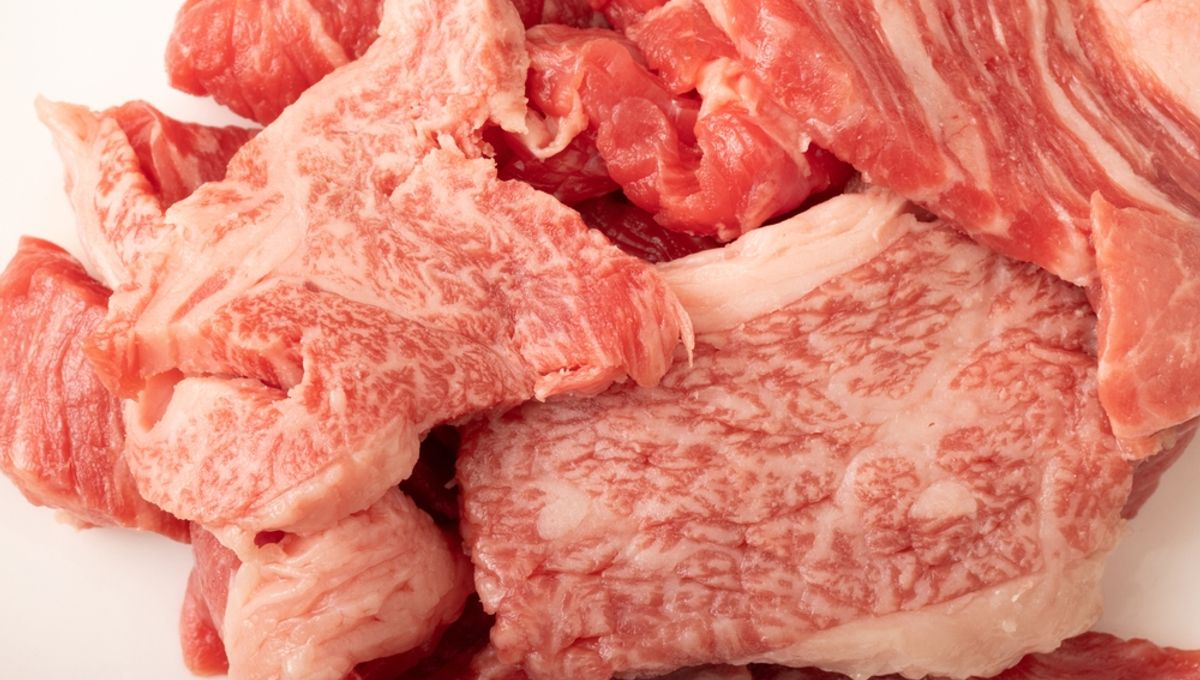
It really is the worst situation: you have that slightly suspect bit of meat in the fridge that has been there a day too long, and you just can’t work out whether you should save yourself the trip to the shops and use it anyway, or be the responsible adult and throw it away. If you’re like me, you just risk it and hope the next day doesn’t bring the harsh consequences of your actions, but what if there was a better way?
A group of researchers from Concordia University claim to have created a toxin detection test that could allow for cheap and reliable identification of spoiled beef. With disruptions across the global supply chain consistently resulting in delays and logistical difficulties, food spoilage is a huge problem that urgently requires a widespread solution, and the researchers hope they have found it.
The synthetic paper-based biosensor detects the presence of putrescine, which is responsible for the horrendous smell that comes from rotting meat. In large enough quantities, putrescine causes food poisoning-like symptoms of vomiting, diarrhea, and nausea.
While putrescine can be detected, there is a dire need for a cheap, reliable, and easy-to-use test to identify rotting meat, and so the researchers looked to a paper-based system, as it can easily be manufactured and disposed of. Using a biosensor that detects the chemical via a naturally occurring putrescine responsive repressor-operator pair taken from Escherichia coli bacteria, the team created a small device; samples can be taken from the beef and added to the biosensor paper, which returns a result if the beef is dangerous.
The researchers tested it on beef kept at different temperatures, including a sample at room temperature and samples from the fridge and freezer. As expected, those kept at low temperatures returned low levels of putrescine, while the room temperature samples were higher. When they performed industry-standard chromatography on the samples, it correlated with the sensor results.
It is unlikely we will be seeing such a sensor in our own homes any time soon, but it does have the potential to make the meat industry much safer.
“We believe our work is a first step toward using sensors in the meat preparation industry,” says Steve Shih, co-author of the paper, in a statement.
“In addition, we believe this type of sensing can be used for other fields like environmental sampling of heavy metal contamination and cancer and disease diagnostics.”
The work was published in the journal ACS Applied Bio Materials.
Source Link: New Biosensor Can Tell When Food Has Gone Off